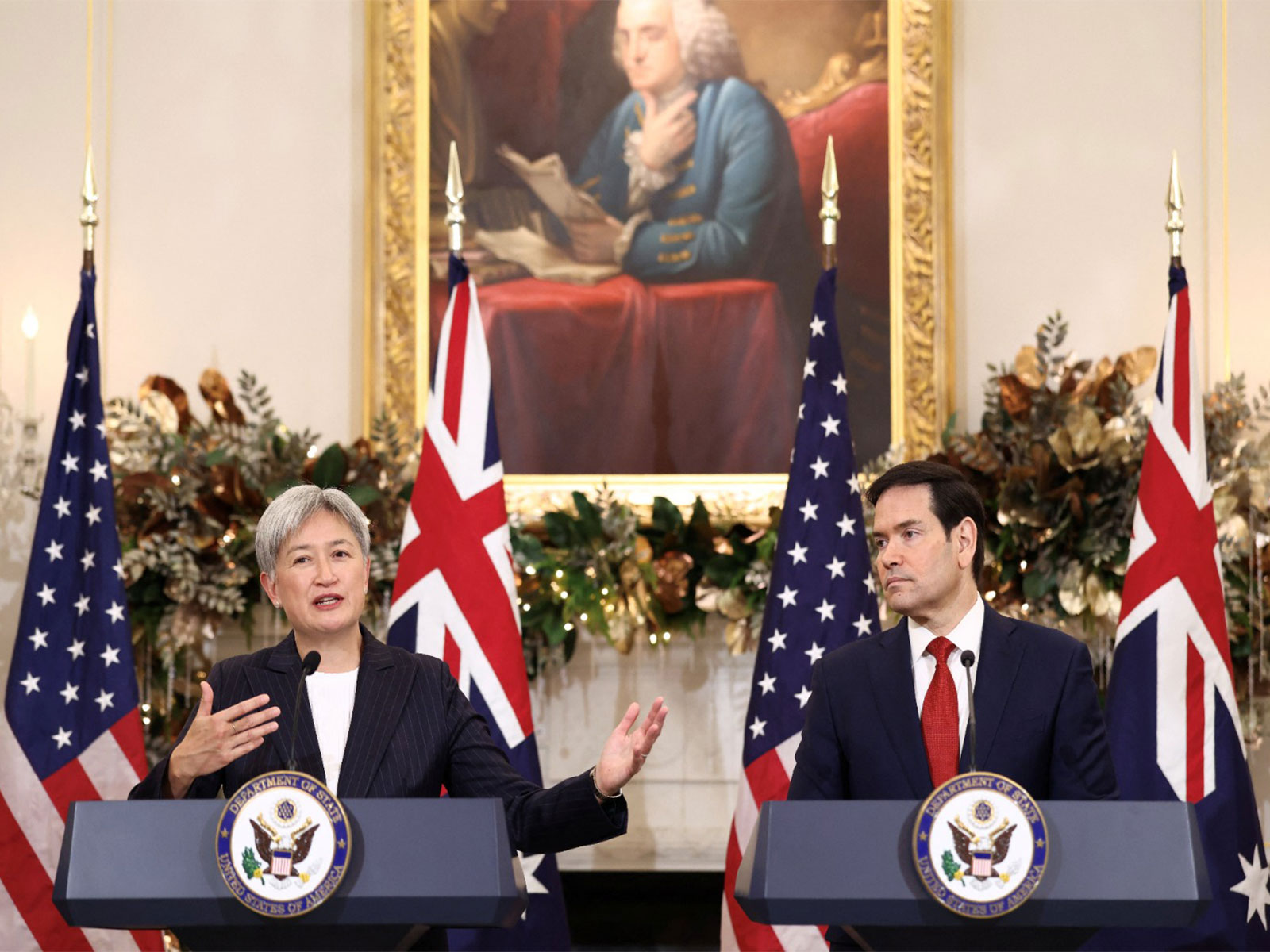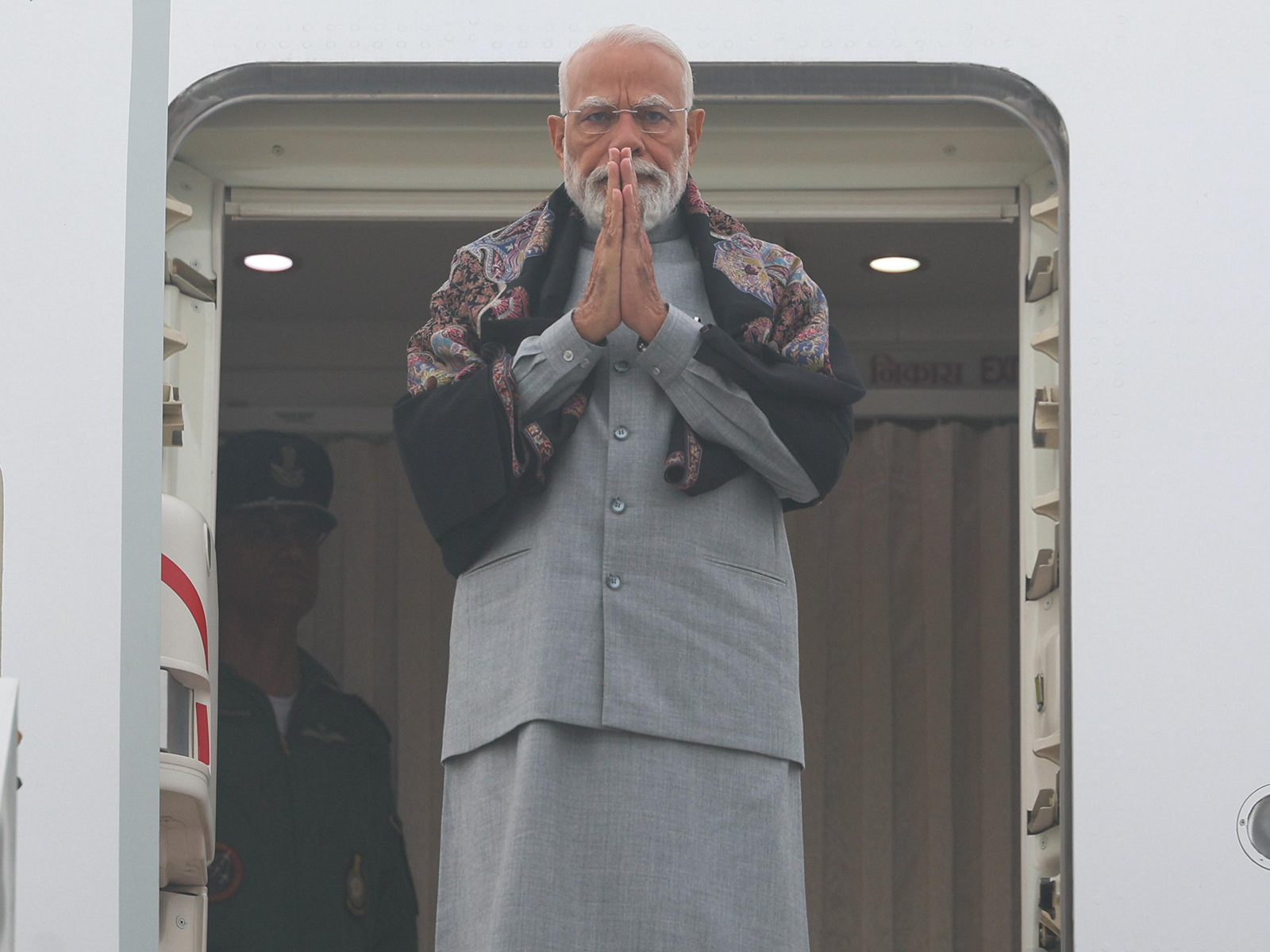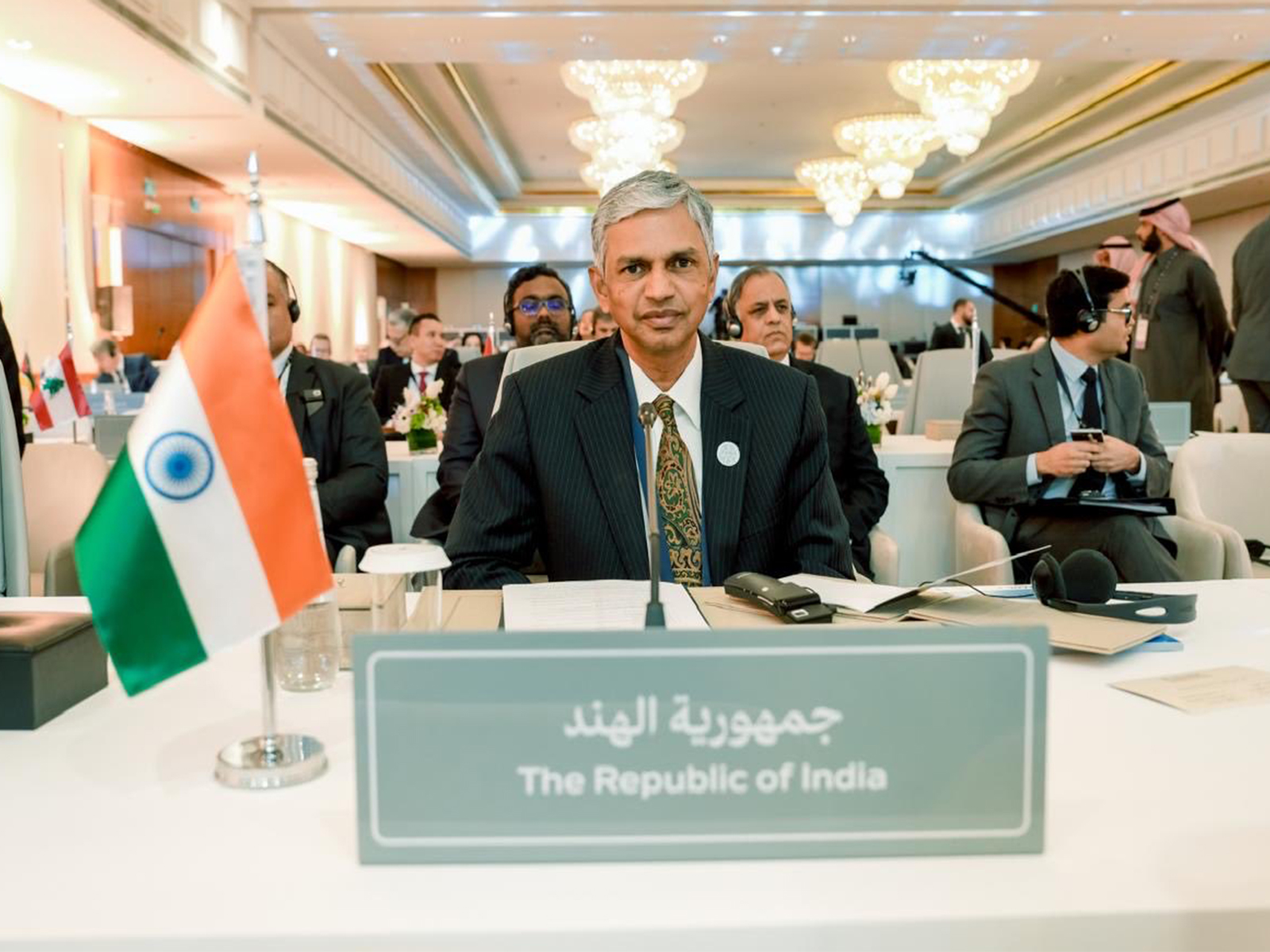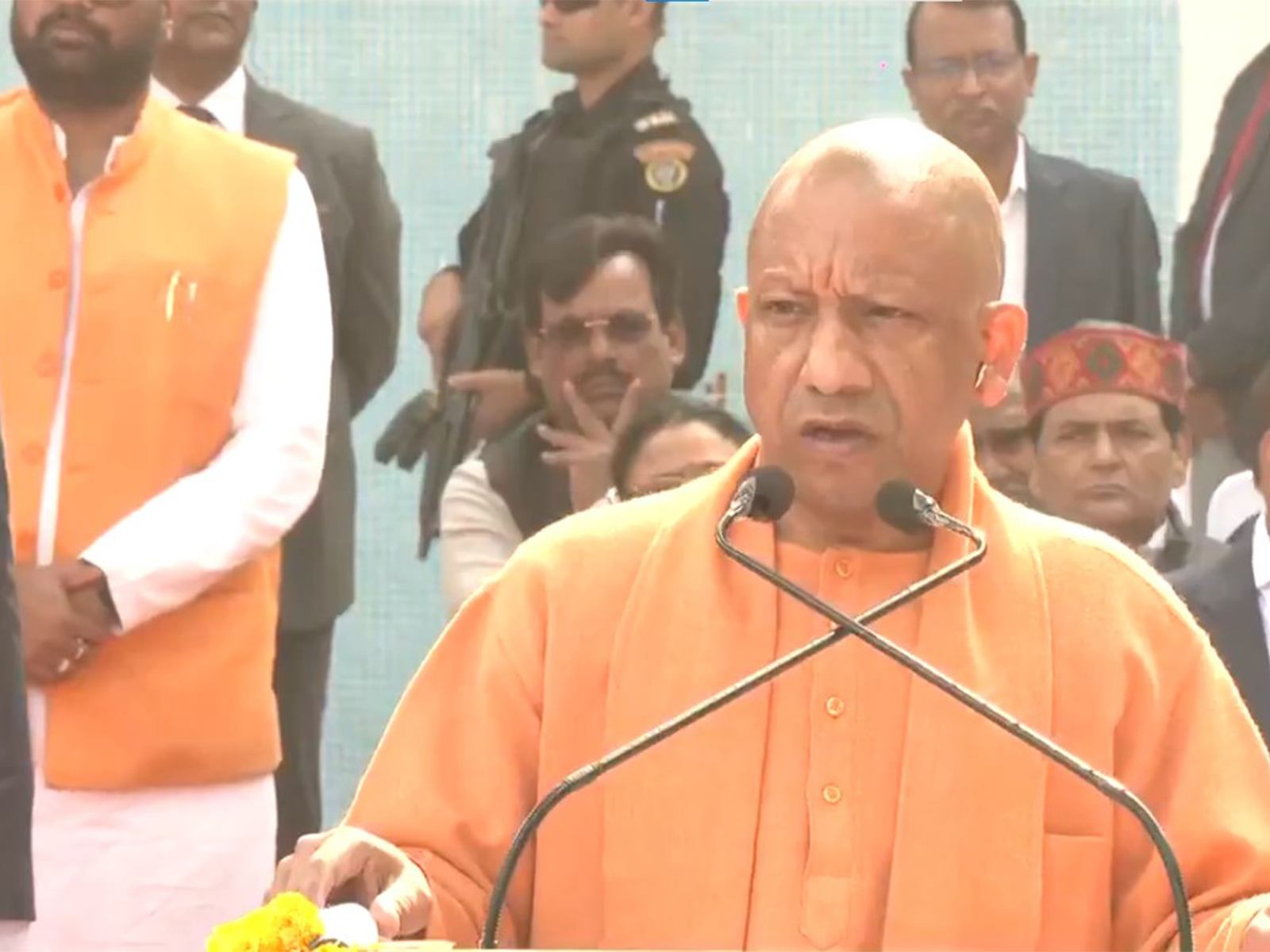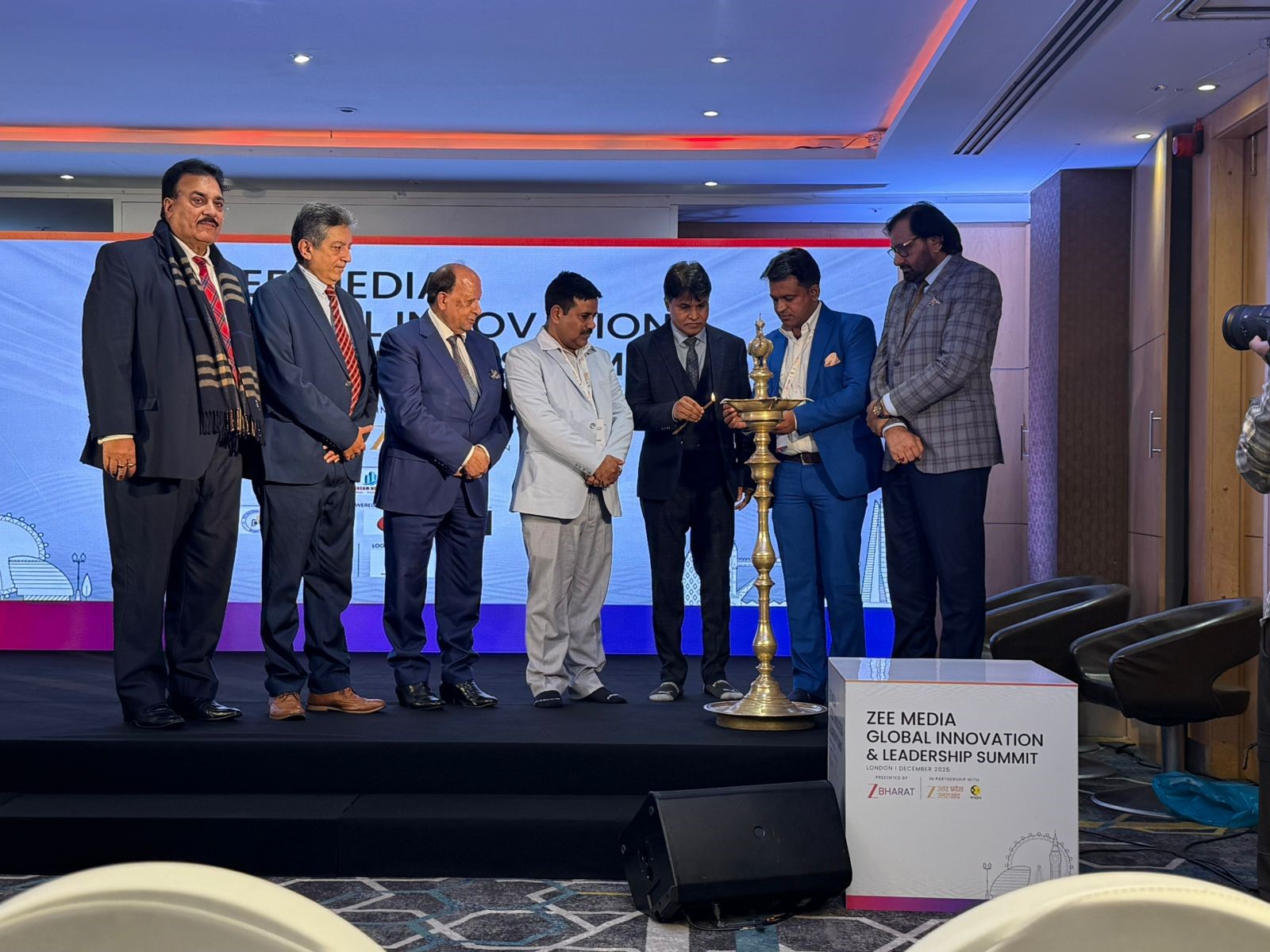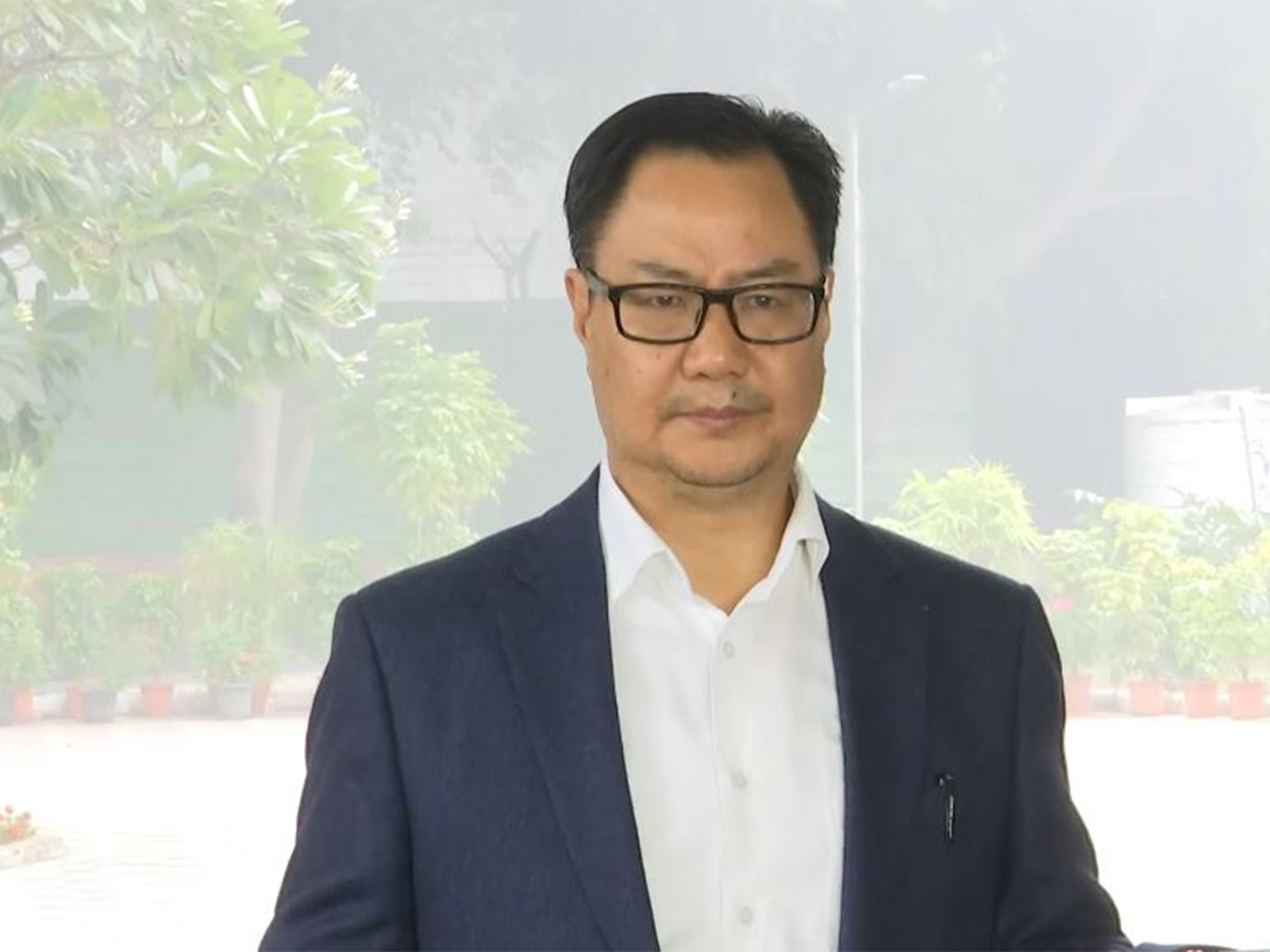UN official calls on Taliban to “reverse draconian policies” on women
Sep 13, 2023

Kabul [Afghanistan], September 13 : The UN special rapporteur for Afghanistan, Richard Bennet, called on the Taliban to reverse the “draconian, misogynist policies” against women and allow them to work and run businesses, Tolo News reported.
Speaking to the 54th Regular Session of the Human Rights Council, Bennett said 60,000 women have lost their jobs due to recent restrictions of the interim Afghan government.
“Recently the Taliban has restricted women’s activities even more. Beauty salons have been prohibited, eliminating approximately 60,000 jobs, depriving them of one of few remaining women’s only safe spaces,” Tolo News quoted Bennet as saying.
The education and work of girls and women are the two main issues which sparked reactions at an international level.
Meanwhile, the representatives of some countries who attended the meeting also voiced concerns over the restrictions on Afghan girls and women in access to education and work.
Lubna Qassim, UAE Deputy Representative to the UN Human Rights Council, said the “significant humanitarian challenges facing Afghanistan will have a significant negative impact on the Afghani society and its future.”
Lubna Qassim, added that there is no positive progress on the “ban imposed by the Taliban government on universities, education for girls, and their exclusion from working and civil society organizations national and international humanitarian organizations,” Tolo News reported.
Pakistan Deputy Representative to the UN Human Rights Council, Zaman Mehdi, urged the Taliban authorities “to take steps toward the resumption of female education” and enable them to “contribute to the Afghan society” and respect the rights and freedom of all Afghans including women and girls.
He also expressed concern about the “increasingly worrying humanitarian, human rights, and social-economic conditions in Afghanistan.”
However, the Islamic Emirate in response said that the rights of women are observed within an “Islamic structure”, Tolo News reported.
“Afghanistan is an Islamic country, and we define the rights through Islamic Sharia. Our people also want that right which Sharia determined for them. I am sure the ruling government in Afghanistan is not wasting the rights of anyone,” Tolo News quoted Mujahid as saying.
Notably, with the resurgence of the Taliban in August 2021 in Afghanistan, the country’s educational system has suffered a significant setback. As a result, girls have been deprived of access to education, and seminaries or religious schools have gradually filled the void left by schools and universities.
Afghanistan's women have faced numerous challenges since the Taliban returned to power in 2021. Girls and women in the war-torn country have no access to education, employment and public spaces.
It has imposed draconian restrictions on the rights to freedom of expression, association, assembly, and movement for women and girls.
Taliban leaders have also disregarded international calls for women and girls to be given access to education and employment. Apparently, they have also issued warnings to other nations not to meddle in Afghanistan's domestic affairs.
Taliban have also barred girls from attending secondary school, restricted women and girls' freedom of movement, excluded women from most areas of the workforce and banned women from using parks, gyms and public bath houses.
